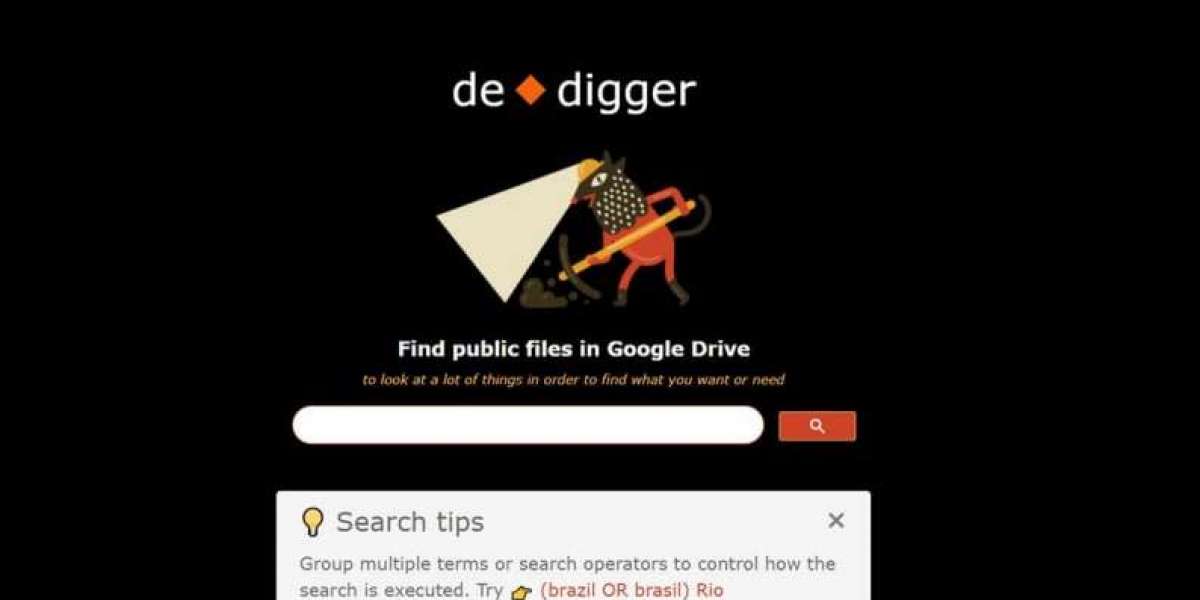Title: "Demystifying JavaScript Functions: A Quick Overview"
JavaScript functions lie at the core of the language's versatility and power. In this concise exploration, let's unravel the key aspects of JavaScript functions that every developer should understand.
Anatomy of a Function:
At its essence, a JavaScript function is a reusable block of code designed to perform a specific task. It comprises a function name, parameters (if any), a function body, and a return statement.
function greet(name) { return `Hello, ${name}!`;}In this example, greet is the function name, and it takes a parameter name. The function body contains the code to generate a greeting, and the return statement sends the result back.
Function Invocation:
Functions are invoked (called) to execute the code within them. This is achieved by using the function name followed by parentheses, possibly containing arguments.
const greeting = greet("Abdullahi");console.log(greeting); // Output: Hello, Abdullahi!Parameters and Arguments:
Parameters act as placeholders within the function definition, while arguments are the actual values passed during invocation.
function addNumbers(a, b) { return a + b;}const sum = addNumbers(3, 5);console.log(sum); // Output: 8Function Expressions and Arrow Functions:
JavaScript allows for function expressions, where a function can be assigned to a variable. Arrow functions provide a concise syntax for writing functions.
// Function Expressionconst multiply = function (a, b) { return a * b;};// Arrow Functionconst square = (num) => num * num;Scope and Closure:
Functions introduce scope to variables, meaning they can only be accessed within that function unless explicitly returned. Closures, a powerful concept in JavaScript, allow functions to retain access to variables from their containing scope even after the function has finished executing.
Conclusion:
JavaScript functions are the building blocks of dynamic and interactive web development. Whether you're creating modular code, handling events, or implementing complex algorithms, a solid understanding of JavaScript functions is essential. As you continue your coding journey, delve deeper into asynchronous functions, callback functions, and explore higher-order functions to unlock the full potential of JavaScript's functional programming paradigm. Happy coding!







I am Tofunmi 1 y
Really insightful